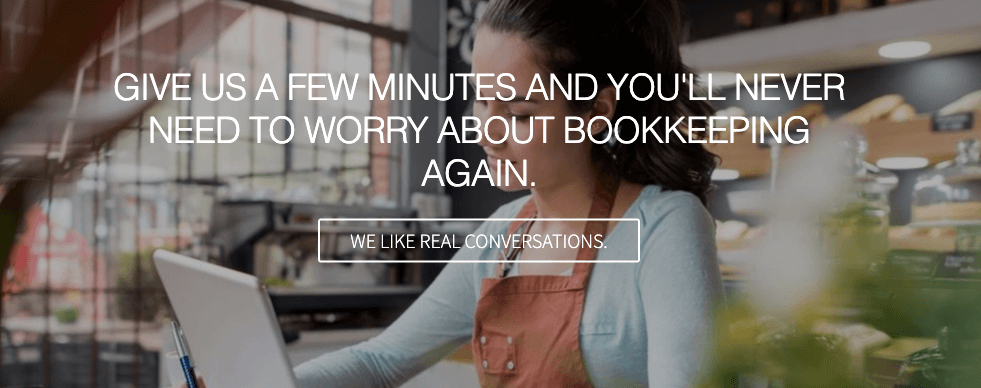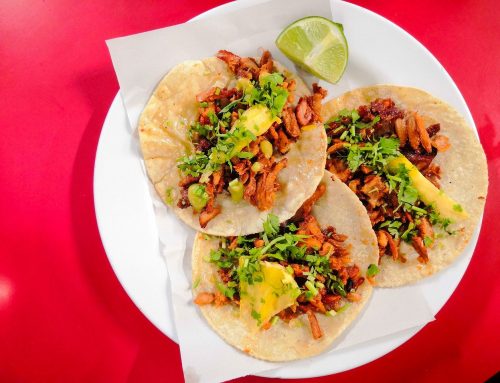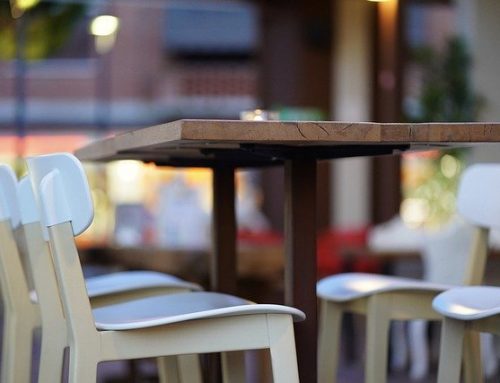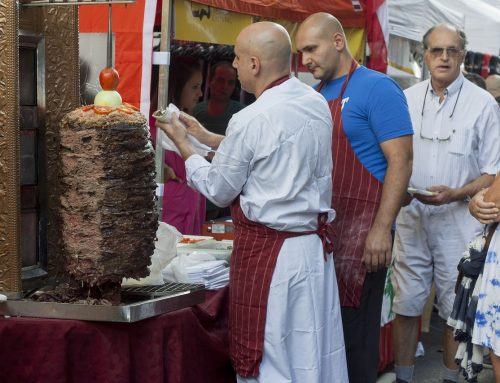Podcast: Play in new window | Download | Embed
Subscribe: RSS
Renee Kleiner joins on us on the podcast to share some of the common mistakes restaurants make when preparing their taxes and specific ways to avoid them. It’s the time of year when most business owners are starting to think about filing taxes so this is a timely discussion.
Renee is the owner of Kleiner’s Keeping a service company that focuses on the books, so you can run and grow your business. Renee’s business help small businesses with virtual bookkeeping and payroll for small businesses, including restaurants. Renee spent years working in the restaurant industry and deeply understands the challenges restaurants face when preparing and submitting taxes.
This episode of the podcast is brought to you by our amazing sponsor Gusto. If you manage payroll for a team of employees, Gusto makes it easy to file and pay taxes in easy an automated way. Learn more and get a discount on services here.

Here is a list of five tax mistake restaurant owners make.
We dig into each of these topics in-depth inside the podcast.
- Missing tax deadline: Everyone knows the deadline to submit taxes in the United States is April 15th. But if you don’t have expenses and paperwork properly organized, it can be easy to miss this deadline while you organize everything. Even if you get your box of receipts and expenses to a tax preparer in time, it can take these professionals a lot of time to sort through the information and also be very costly in the process. Get started filing early and if there is a surprise that holds up the process you’ll have the extra time available. If you still can’t meet the deadline, the IRS will usually allow you to file an extension.
- Misusing (or ignoring) the home office deduction: Do you have a dedicated space in your home that’s used to manage your business. Make sure to take advantage of this home office deduction if it applies to you. Contrary to some rumors, taking advantage of the home office deduction is not a flag to the IRS to conduct an audit. In most situations you can take deductions on 300 sq. feet of home office space on your taxes. If your office is bigger than 300 sq. feet, I’d love to see your house! To qualify this must be a dedicated room utilized exclusively for working on the business.
- Failure to distinguish / separate personal and business expenses: The easiest way to separate personal from business expenses is to setup different accounts. This arrangement can be setup quickly and easily through any bank. Make sure you’re not using the business card for any personal expenses. This advice is particularly important for restaurants with multiple owners and investors.
- Hiring the wrong tax preparer: This can be a tough one especially if you’ve just started a business. It’s hard to identify a good tax preparer from a bad one. As a general rule of thumb, find someone with experience helping restaurant owners. They will understand the sorts of deductions you should be taking and help minimize the tax burden. It’s not usually the best idea to have someone that specializes in personal taxes to file taxes for your business. While they might be fantastic at filing taxes for individuals, filing for businesses is generally more complex.
- Failure to accurately and clearly track expenses and income: Thanks to modern POS systems tracking income has become much easier. But these systems don’t always integrate easily all the data you need to compile for tax purposes like expenses.
At the end of the day, staying organized throughout the year will make it infinitely less stressful when it comes time to file your taxes next year. Aside from making life less stressful, you’ll have a clear understanding where your business is at from a financial standpoint. This is essential for projecting revenues and if you ever decide to put the business up for sale.
You Might Also Like This: How I Opened a Restaurant with No Money and a 540 Credit Score




